Zinc chloride is an important raw material for the production of chemical products with a wide range of properties and uses. This article will introduce in detail the properties, production methods and applications of Zinc Chloride in different fields.
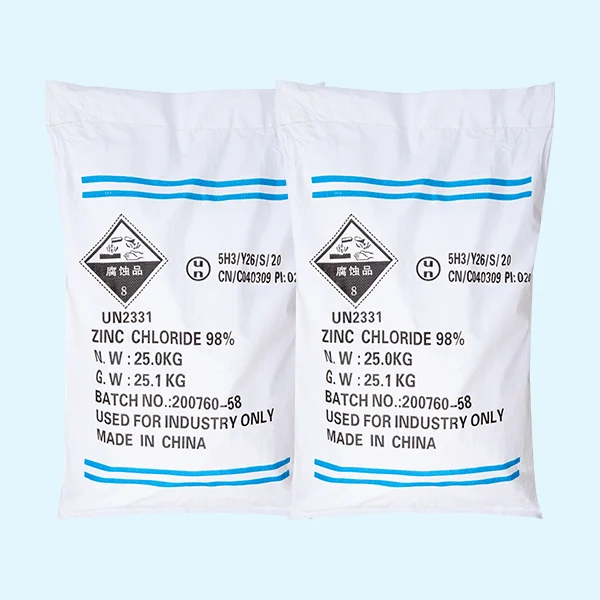
1. Properties of zinc chloride
Zinc chloride is a colorless, transparent, crystalline solid with strong hygroscopicity. It is easily soluble in water, and also in organic solvents such as ethanol, methanol, and acetone. Zinc chloride is very easy to deliquesce in the air, so it needs to be kept dry during storage and use.
Zinc chloride has high chemical reactivity and can react with a variety of metals, non-metals, acids, alkalis and other substances. In addition, zinc chloride also has good thermal stability and corrosion resistance.
2. Production method of zinc chloride
Zinc chloride can be produced by a variety of methods, the most common of which are as follows:
Acid hydrolysis: react zinc oxide or zinc carbonate with hydrochloric acid to generate zinc chloride and water.
Reaction of metallic zinc with hydrochloric acid: Add metallic zinc directly into hydrochloric acid to react and generate zinc chloride and hydrogen.
Ammonium chloride method: Mix zinc oxide and ammonium chloride and heat them to produce zinc chloride, ammonia and water.
In the actual production process, the appropriate production method can be selected based on factors such as raw material sources and production costs.
3. Uses of zinc chloride
Zinc chloride has a wide range of uses in the field of raw materials for chemical production. The following are some of the main uses:
Catalyst: Zinc chloride can be used as a catalyst for many chemical reactions, such as esterification, condensation, etc.
Desiccant: Zinc chloride can be used as a desiccant to remove moisture from gas or liquid due to its hygroscopicity.
Electroplating solution: Zinc chloride can be used to prepare electroplating solution and is deposited on the metal surface during the electroplating process to improve the corrosion resistance and appearance quality of the metal.
Preservative: Zinc chloride can be used as a preservative for materials such as wood and leather to extend their service life.
In short, zinc chloride plays an important role in the field of raw materials for chemical production. By understanding its properties, production methods and applications in different fields, we can better play the role of zinc chloride and promote the development of the chemical industry.
- Random Content
- Hot content
- Hot review content
- Soda Ash Dense / Light 99.2% Sodium Carbonate Washing Soda
- Flexible Customer and Supplier Relations Specialist (Location: Thailand)
- T-610 collector Salicyl oxime acid derivative Content 3.5%
- Ammonium Nitrate Porous Prills
- Sodium Persulfate,Sodium Persulphate,supplier 99.00%
- Sodium Peroxide
- Barium carbonate 99% powder
- 1Discounted Sodium Cyanide (CAS: 143-33-9) for Mining - High Quality & Competitive Pricing
- 2Sodium Cyanide 98% CAS 143-33-9 gold dressing agent Essential for Mining and Chemical Industries
- 3Sodium Cyanide 98%+ CAS 143-33-9
- 4China's New Regulations on Sodium Cyanide Exports and Guidance for International Buyers
- 5Anhydrous Oxalic acid 99.6% Industrial Grade
- 6Oxalic acid for mining 99.6%
- 7Reagent Grade/Industrial Grade Hydrochloric Acid min.31%
- 1Sodium Cyanide 98% CAS 143-33-9 gold dressing agent Essential for Mining and Chemical Industries
- 2High Quality 99% Purity of Cyanuric chloride ISO 9001:2005 REACH Verified Producer
- 3 High-Quality Sodium Cyanide for Leaching
- 4Powdery emulsion explosive
- 5Industry Grade Electron grade 98% Sulfuric Acid H2SO4 Sulphuric Acid Battery Acid Industrial Sulfuric Acid
- 6Colloidal emulsion explosive
- 7sodium hydrosulfide 70% flakes used Mining Industry


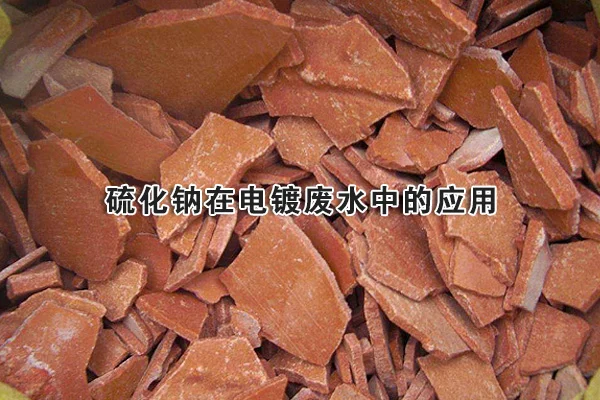
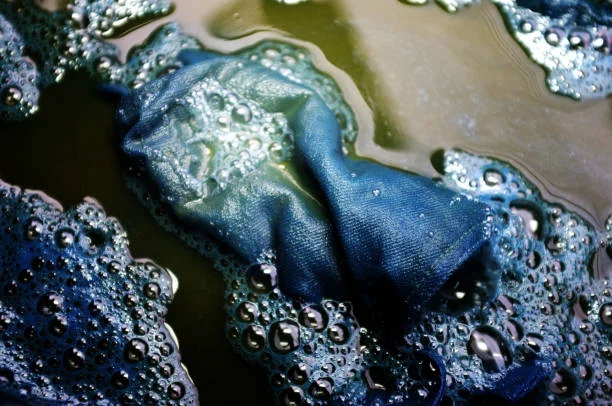
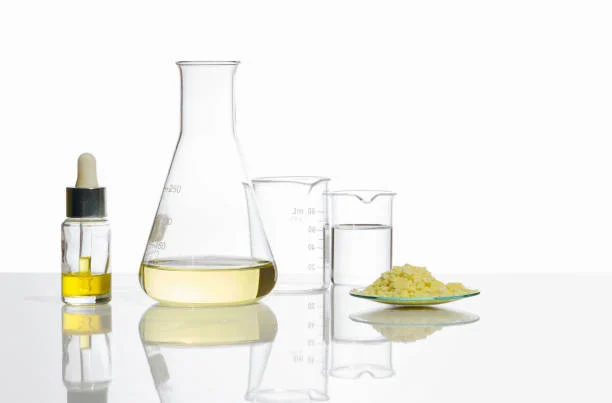
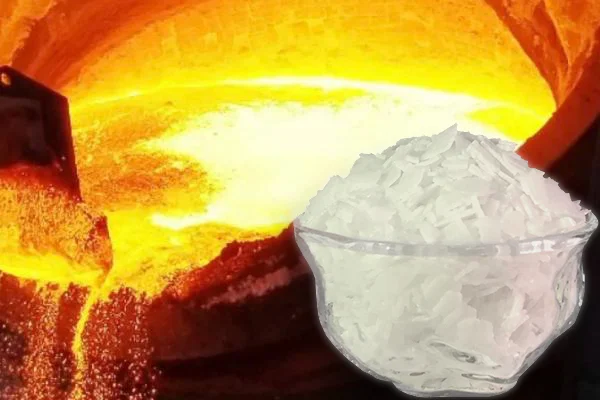
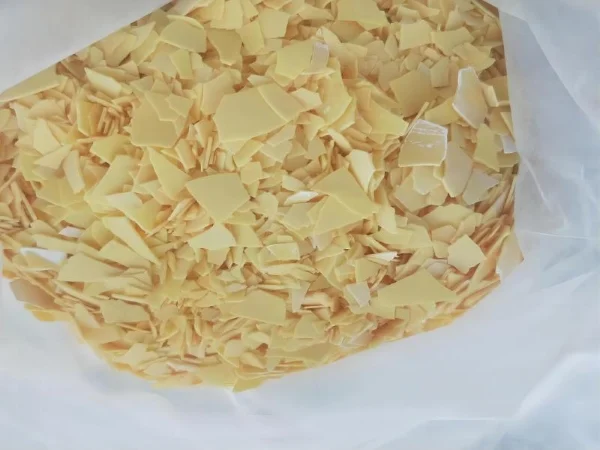
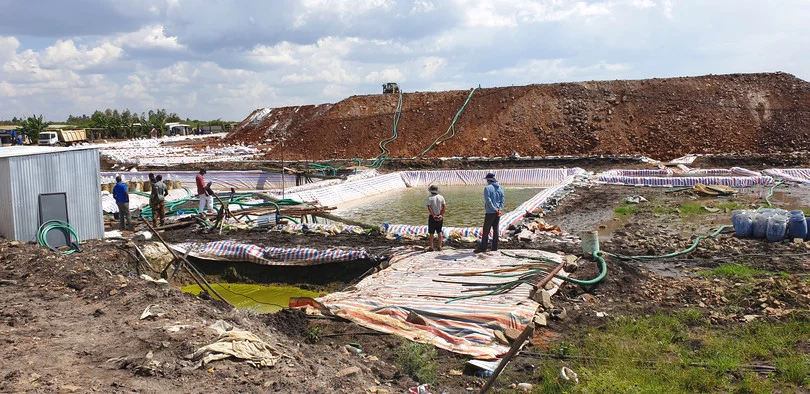




Online message consultation
Add comment: